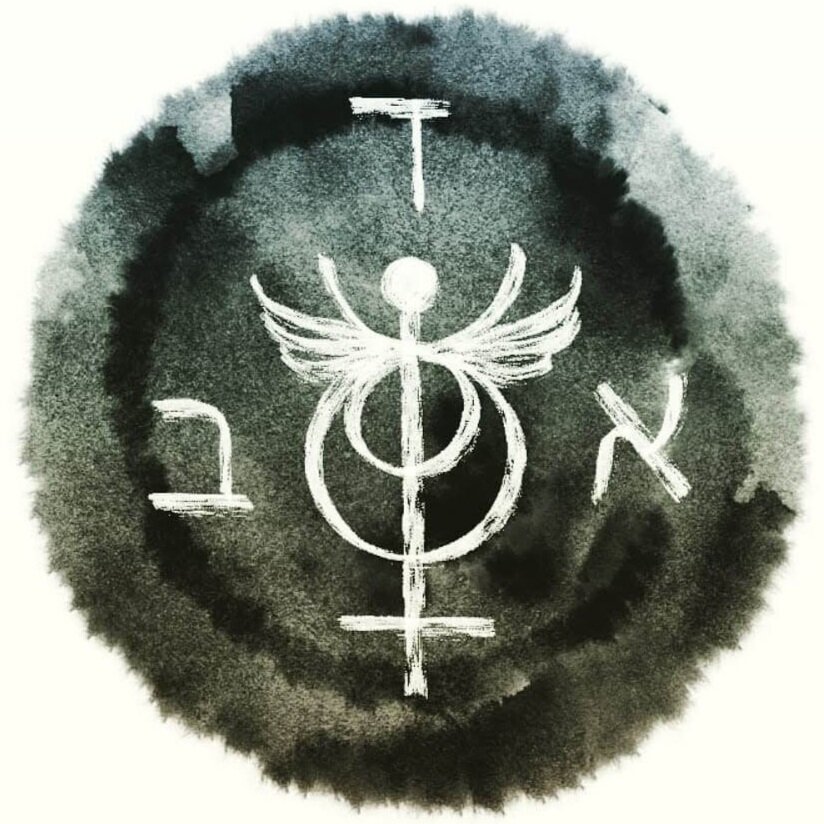Miranda
“If even now in my uterus [matre] there lies concealed some safety deposit [pignus] from you, I shall examine the inside of my abdomen with a sword and draw it out on the iron.” [1]
If the mind metaphorically takes shape as labyrinth, what can be said of the shadows cast when the light hits hedge? Our untold desires, forbidden in their longing, dwell liminally — a divine entity—monstrous, enigmatic, and alluring.
Bataille tells us, "Desire in eroticism is the desire that triumphs over the taboo. It presupposes man in conflict with himself," revealing a primal struggle waged within the recesses of the soul. [2] Here, in the inner garden of our own jungle, amidst the tangled web of humans as that which defines itself through that which it contains, and years, the monstrous self collides with imaginal impressions of grotesque deity—a symphony of chaos echoing through the melodies trapped in our music box mind.
Bataille's exploration of the "formless" unveils a realm beyond comprehension—a space where the boundaries of reason dissolve, and the infinite unfolds. [3] In this boundless expanse, the divine emerges as a feral force—a tempest defying containment and order.
Within the labyrinth of eroticism, where passions ignite, and inhibitions fade, the dark caresses of caverns and caves beckon—a chasm of darkness with forbidden allure. Here, amidst tumultuous currents of desire, the monstrous aspect of the divine reveals itself—an oscillating force between hunger and devotion transcending mortal comprehension.
Certainly, even as we're ensnared by the divine's embrace, we're drawn deeper into the abyss of our own desires. "Eroticism is one aspect of the inner life of man. We fail to realize this because man is everlastingly in search of an object outside himself, but this object answers the innerness of the desire". [4] Within the inner experience of our own churning selfhood, amidst longing's echoes and the void's whispers, we find ourselves entwined with the silent wellspring of creativity—bound in a dance of ecstasy and annihilation.
[1] Seneca’s Medea, 1012-13, trans and cited by Nussbaum, Theory of Desire, 440
[2] Bataille, Eroticism, 256
[3] Bataille, Eroticism, 40
[4] Bataille, Eroticism, 29

